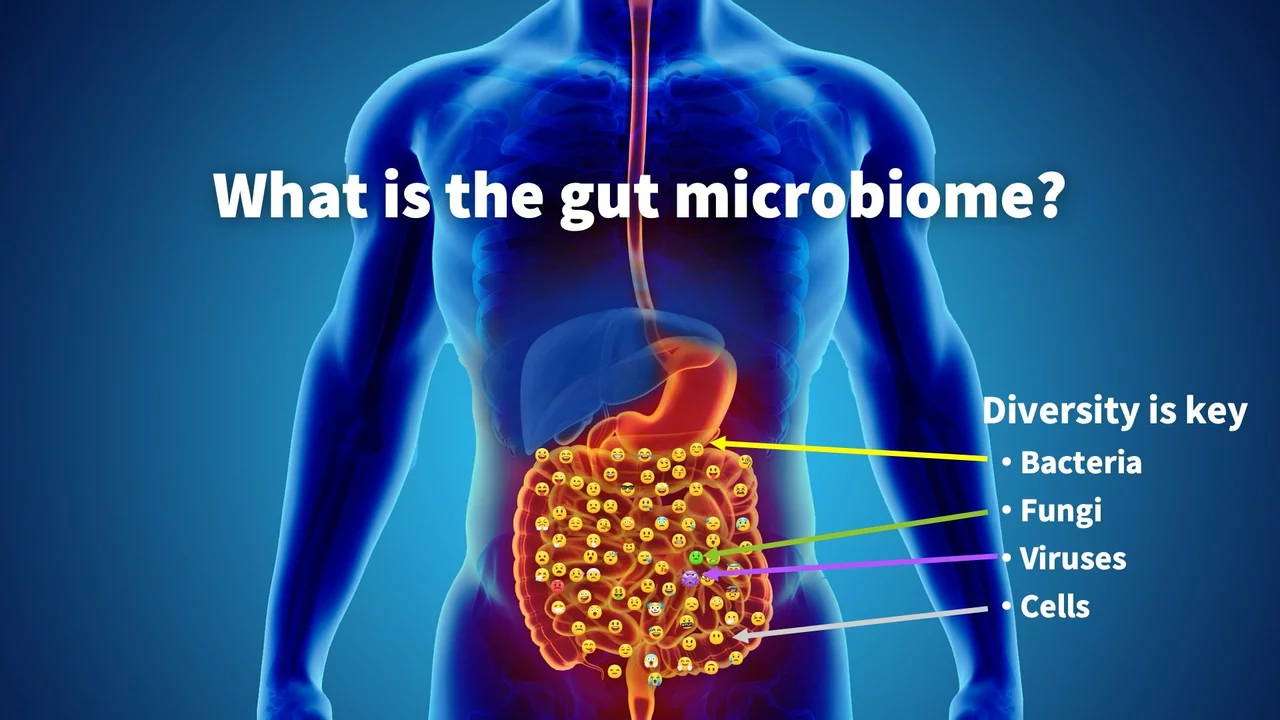Healthy Gut: Simple, Practical Steps You Can Use Today
Gut problems sneak up on you: bloating after meals, irregular bowel habits, or low energy. Small changes often make the biggest difference. Below are clear, doable steps to improve digestion, plus when to see a doctor and where to learn more about treatments and supplements.
Daily habits that help your gut
Eat more fiber. Aim for whole foods like vegetables, fruit, beans, oats, and whole grains. Fiber feeds good bacteria and helps bowel movements stay regular. Start by adding one extra serving of vegetables to a meal each day.
Include fermented foods. Yogurt, kefir, sauerkraut, kimchi and miso contain live cultures that can support a balanced microbiome. If you don’t like those foods, a moderate probiotic supplement can help — pick one with Lactobacillus or Bifidobacterium strains and follow the label.
Balance carbs, not cut them completely. Some people with IBS or SIBO feel better on a lower-FODMAP plan for a short time. Don’t self-restrict long term without guidance — your gut needs variety.
Stay hydrated and move daily. Water keeps digestion smooth. Walking or light exercise after meals reduces bloating and improves gut motility.
Sleep and stress matter. Poor sleep and stress change gut bacteria and gut sensitivity. Try simple habits: a regular bedtime, short breathing breaks, and cutting screens 30 minutes before sleep.
Supplements, medicines, and when to seek help
Herbal supplements can support digestion, but effects vary. For example, zizyphus (jujube) is getting attention for mild digestive and sleep benefits. Hops is sometimes used to calm the stomach and promote relaxation. Treat these as supportive, not a replacement for medical care.
If you suspect an infection like SIBO or need antibiotics, read trusted guides first. Our article on "Rifaximin Alternatives" explains other gut-focused antibiotics, dosing issues, and resistance risks. Always review options with a clinician — antibiotics can help, but they also change your microbiome.
See a doctor if you have: blood in stool, unexplained weight loss, persistent severe pain, fever, or diarrhea lasting more than two weeks. Also check in if over-the-counter fixes aren’t helping or if symptoms worsen after starting a new medicine.
Practical starters: add one fiber-rich food to each day, try a fermented food 3 times a week, drink an extra glass of water after meals, and track triggers in a simple food diary for two weeks.
Want more? Browse our site guides on antibiotics for gut issues, safe medication options, and supplements like zizyphus to match your symptoms and lifestyle. Small, consistent moves beat dramatic short-term fixes when it comes to gut health.






